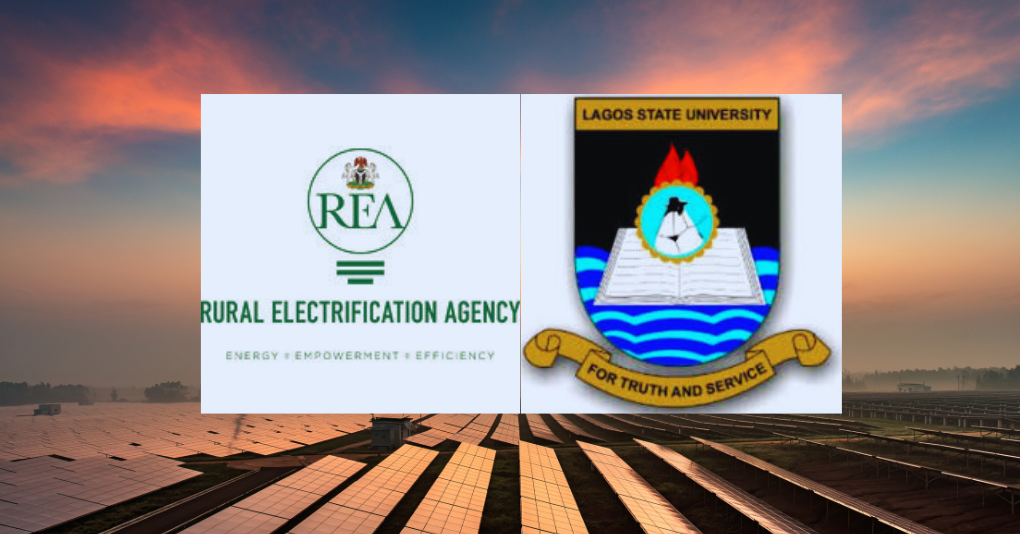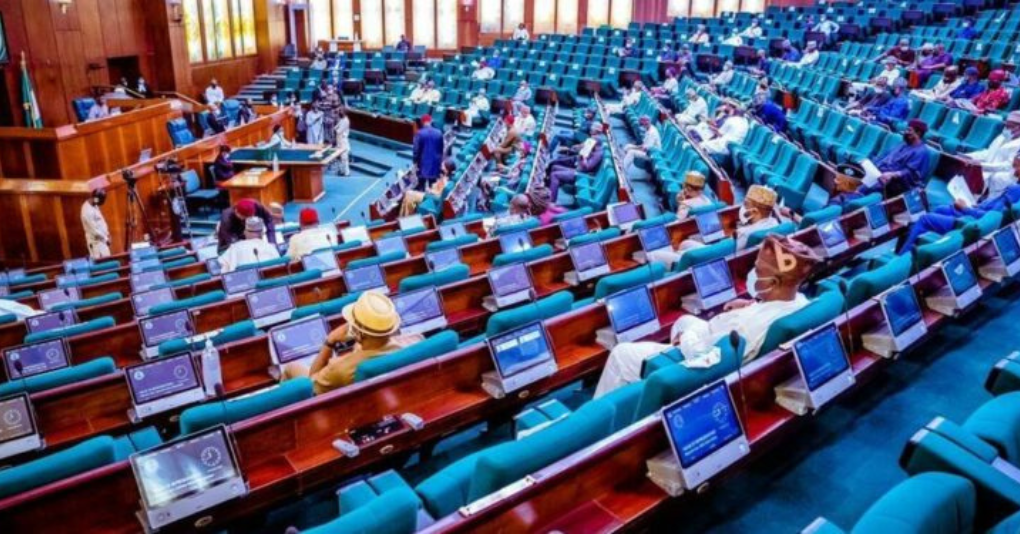Rural Electrification Agency (REA) has announced plans for Nigeria’s first floating solar PV plant (8MW) to power Lagos State University (LASU), Ojo.
Besides, the agency and Lagos State Government have signed a Memorandum of Understanding (MoU) to expand access to clean energy in Lagos State, with a focus on powering public institutions through rooftop solar systems.
The agreement, signed during Lagos State Energy Summit on Monday at Oriental Hotel, Victoria Island, Lagos, marks a milestone under REA’s State-by-State Initiative and aligns with Federal Government’s push to deepen sub-national electricity access through 2023 Electricity Act.
The new partnership will support the deployment of sustainable, distributed energy solutions across Lagos, addressing the widespread use of over four million diesel generators in the state.
The initiative aims to replace this fragmented energy landscape with reliable, renewable alternatives.
Speaking at the event, Lagos State Deputy Governor Obafemi Hamzat, representing Governor Babajide Sanwo-Olu, emphasised the importance of strategic partnerships in tackling energy challenges.
“We have excess power generation, but it’s misdirected and not evenly distributed. This collaboration with REA will help bridge that gap,” he said.
REA’s Managing Director/CEO, Abba Aliyu, announced several major projects under the new agreement, including plans for Nigeria’s first floating solar PV plant (8MW) to power Lagos State University.
He also highlighted the upcoming $150 million Lithium Battery Assembly Plant at the Lekki Free Trade Zone and the establishment of a Renewable Energy University to boost local skills and innovation.
According to Aliyu, “partnership will also advance the National Public Sector Solarization Initiative (NPSSI) and the Distributed Access through Renewable Energy Scale-up (DARES) programme, backed by the World Bank.”
He added: “These efforts are designed to empower local developers and build a robust market for Renewable Energy Service Companies (RESCOs) across the country.”
The REA remains committed to fostering collaboration, local manufacturing and innovation to drive Nigeria’s clean energy transition and ensure sustainable power access for all.
Share this post





Be the first to comment on this post